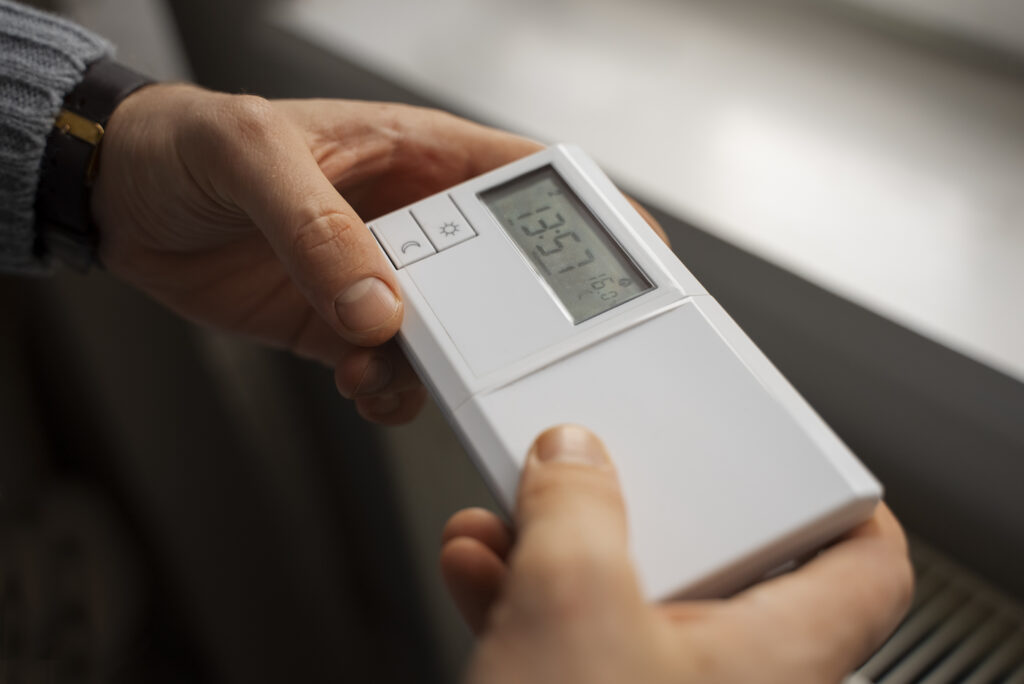In today’s fast-paced world, ensuring the quality of the air we breathe is paramount to our well-being. With indoor pollution becoming a concerning issue, it’s essential to monitor and maintain a healthy environment in our homes and workplaces. One effective way to achieve this is by investing in a reliable indoor air quality meter. In this comprehensive guide, we will walk you through everything you need to know about choosing the perfect indoor air quality meter, focusing on the essential aspect of Indoor Air Quality Meter Selection.

Understanding the Basics
Understanding the basics is the first step in making an informed decision. We’ll explore the fundamental aspects of indoor air quality, discussing pollutants, their sources, and the importance of monitoring.

Types of Indoor Air Pollutants
Delve into the various indoor pollutants, from dust particles and pet dander to volatile organic compounds (VOCs) and mold spores. Understanding these pollutants will help you choose an air quality meter tailored to your specific needs.
Sources of Indoor Air Pollution
Identify common sources of indoor pollutants such as cooking appliances, cleaning products, and tobacco smoke. Recognizing these sources empowers you to target the right areas for monitoring.
Key Features to Look For indoor air quality meter
When selecting an indoor air quality meter, specific features are crucial for accurate and efficient monitoring. Let’s explore the must-have features to consider during your search.
Real-time Monitoring
Discover the significance of real-time monitoring, allowing you to track changes instantly and take immediate actions when air quality deteriorates.
Sensor Accuracy
Dive into the importance of sensor accuracy, ensuring that the meter provides precise measurements for various pollutants, including particulate matter and gases.
Connectivity Options
Explore the benefits of connectivity options, such as Wi-Fi and Bluetooth, enabling you to monitor air quality remotely via smartphones or tablets.
Choosing the Right Indoor Air Quality Meter
Armed with knowledge about pollutants and essential features, it’s time to delve into the process of selecting the perfect indoor air quality meter for your needs.
Assessing Your Space
Learn how to assess your living or working space’s size and layout to determine the number of meters required for comprehensive coverage.
Setting a Budget
Consider your budget constraints and explore a range of options within your financial comfort zone. We’ll discuss cost-effective choices without compromising quality.
Reading User Reviews
Discover the significance of user reviews and testimonials. Real-life experiences can provide valuable insights into the meter’s performance and durability.
Maintaining Your Indoor Air Quality Meter
Maintenance is key to ensuring your indoor air quality meter functions optimally throughout its lifespan. Let’s explore some essential maintenance tips.

Regular Calibration
Understand the importance of regular calibration to maintain the meter’s accuracy and reliability over time.
Cleaning and Care
Learn about proper cleaning techniques and general care practices to prolong the lifespan of your indoor air quality meter.
Conclusion
In conclusion, investing in an indoor air quality meter is a proactive step toward creating a healthier indoor environment for you and your loved ones. By understanding pollutants, key features, and the selection process, you can make an informed decision tailored to your specific requirements.
Frequently Asked Questions
Q1: How often should I calibrate my indoor air quality meter?
Regular calibration is essential. It’s advisable to calibrate your meter every six months to maintain accuracy.
Q2: Can I use one indoor air quality meter for an entire house?
For accurate results, it’s recommended to use multiple meters in different areas of your house, especially in larger homes.
Q3: Are there portable indoor air quality meters available?
Yes, there are portable options available, offering flexibility in monitoring air quality in various locations.
Q4: What is the average lifespan of an indoor air quality meter?
With proper maintenance, indoor air quality meters can last several years, providing reliable data for an extended period.
